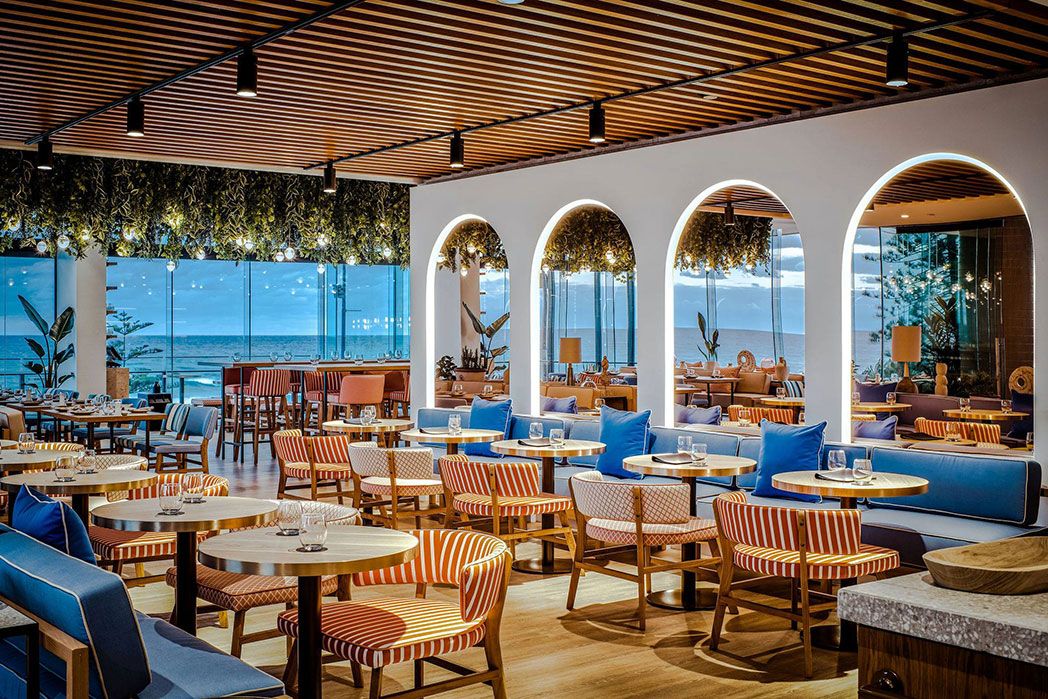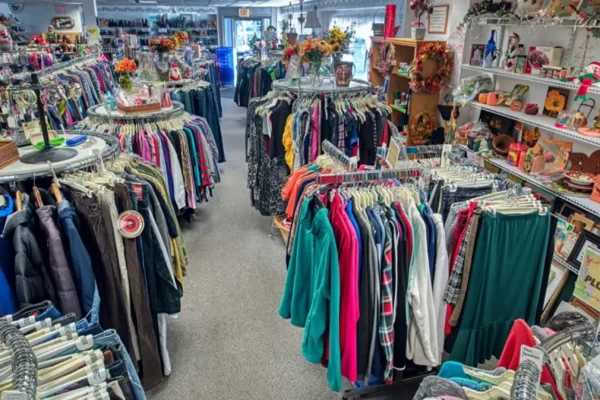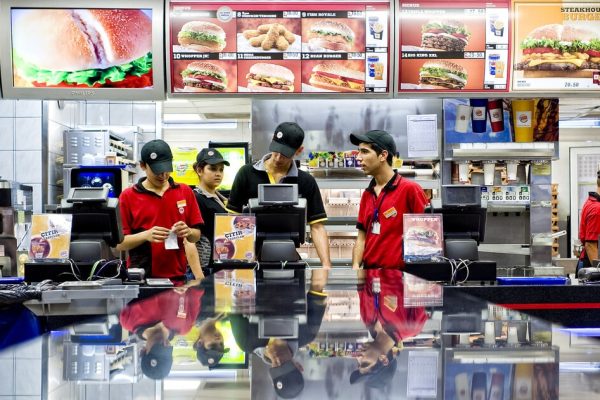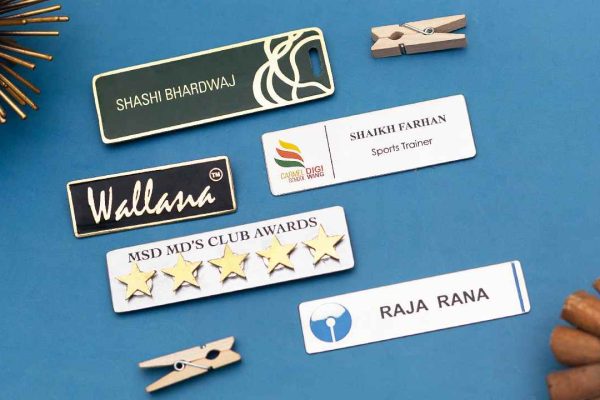Expenses are part and parcel of running any business, including restaurants. Or as the adage goes, you have to spend money to make money.
However, when your expenses outpace your profit, you can end up in debt, or worse, face the closure of your restaurant.
Rent, wages, food items, and equipment like an iPad equipped with POS are the most common expenses for running a restaurant business. However, other costs sometimes go unnoticed can eat up part of your profit if you do not immediately recognize these and take the necessary corrective actions.
Here’s a brief list of these hidden costs that are chipping away at your profit.
Licenses, permits, and other related expenses
Before even opening your restaurant and welcoming your first diners, there are plenty of licenses and permits that you need to obtain. Before even opening your restaurant and welcoming your first diners, there are plenty of licenses and permits that you need to obtain such as an alcohol license, a business license, and a food handler permit.
While paying for these expenses is a given, the cost of acquiring permits and licenses can sometimes lead to unexpected expenses. For example, if securing a license or permit takes long, you may have to pay more toward your lease to keep it current.
Deposits
From utilities to insurance, some essentials require you to pay a hefty sum of money to get the proverbial ball rolling. And when you add all of these up, you end up paying a sizeable amount of money that you may not have expected when you were calculating your budget.
Construction
Whether you are planning on making minor cosmetic improvements or a major overhaul of the space that you are leasing, modifications, no matter how big or small, if these are unexpected, can make a dent in your budget.
For example, if you have initially chosen a building material only to have it replaced to keep pace with the latest restaurant design trends, that can translate to additional costs.
Or sometimes, unexpected issues arise during the progress of the construction project like extra plumbing or electrical works. No matter how big your budget may be, if you are not prepared for surprises like these, you can end up pocketing less income.
Changes in the backroom
Whether you are hiring a new chef or accommodating a chef under your current employ, the requests they make sometimes translate to an additional expense that your restaurant ends up shouldering.
It can be as simple as asking for a reconfiguration of the kitchen or more substantial like revamping the restaurant’s concept or menu, or the addition of new equipment — if such requests do not translate into profit, you are handing over the reins of your business without getting much in return.
Food costs
Business owners with limited experience in the industry may not be fully aware of the actual cost of turning ingredients into meals. That can lead them into underestimating the price of their offerings.
In other instances, making changes in the menu can lead to additional costs if these items require the purchase of new kitchen equipment.
Processing fees for credit cards
Although it is possible only to accept cash payments, you can lose a sizeable number of customers if you do not accept credit card payments.
However, you should be aware that you shoulder the burden of paying for the processing fees for such transactions, and you should take that into account when setting a price for your offerings.
Music licenses
Music can contribute significantly to the restaurant ambiance. But whether you are planning on playing the latest hits, electronica, jazz standards, or any other genre, be aware that playing live music requires the obtainment of the necessary licenses. Otherwise, you can end up paying steep fines. (Strattera)
Preparing for the unexpected
Expenses are a natural part of running a business. However, unexpected costs should be kept at a minimum to avoid these from eating up your restaurant’s profit.
More importantly, be on the lookout for any of these or other hidden costs that undermine your restaurant’s profitability. This way, you can find a good balance between serving up what’s best while growing your business.
AUTHOR BIO
Ahmad Alzaini is the co-founder and CEO of Foodics, a fast-growing foodtech startup. A businessman by nature, Alzaini is an app aficionado, developing businesses in Saudi Arabia within several industries. Today, Foodics has extended to new markets across the MENA region, processing over 1 billion transactions, and offering the latest technology in POS and restaurant management.





